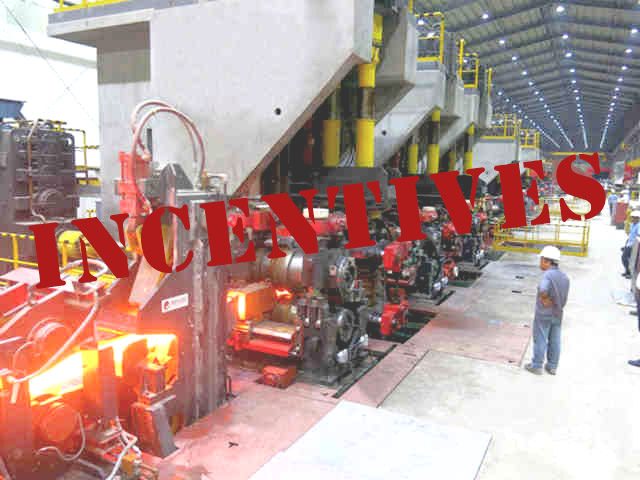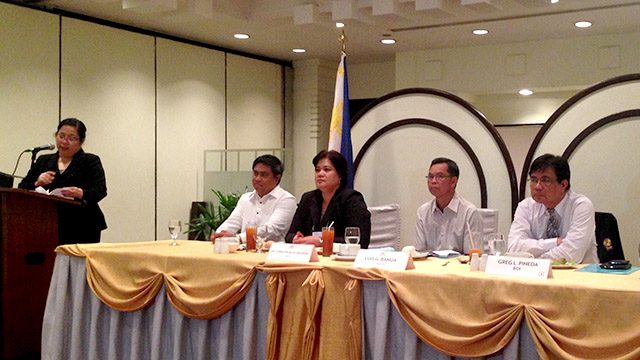SUMMARY
This is AI generated summarization, which may have errors. For context, always refer to the full article.

MANILA, Philippines – The Philippines is expected to close 2015 with fewer approved domestic and foreign investments than last year due to lesser applications for energy-related projects and stricter rules for the 2014-2016 Investments Priorities Plan (IPP), the Board of Investments (BOI) said Friday, September 4.
“We see approved investments decline this year because we are seeing less and less power investments coming in. Up to this date, there are still fewer number of projects, so we might have a lower figure compared to last year,” BOI Supervising Director Corazon Halili-Dichosa told reporters on the sidelines of a roadshow in Pasay City.
Stricter rules for IPP “could also lead to decline in approved investments,” she added.
Dichosa said the BOI observed a decrease in power projects in 2014, which he believed would continue this year.
“I think it the decline will continue this year because if you look at the demand and supply gap, a bulk of it is already satisfied by the DOE (Department of Energy), so we expect less project applications to come in,” she said.

Manufacturing investments up
While power-related investments are declining, the BOI official said manufacturing projects are going the other direction, contributing most of the growth in investments this year.
“What’s very noteworthy is that the manufacturing investments are going up. These are the ones contributing most in the growth of approved investments, backed by real estate as well,” Dichosa said.
In terms of employment, Dichosa said the country targets to end the year with at least 900,000 new jobs.
“Under chapter 3 of the Philippine Development Plan, we have set almost 900,000 jobs per year for industry and services. Last year, we met our target and generated 1 million jobs,” Dichosa said.
The IPP is an investment policy tool aimed at building industries through policy interventions and initiatives, not necessarily through incentives. The plan is built around the theme, “Industry Development for Inclusive Growth.”
The IPP is focused on 8 preferred activities: manufacturing; agribusiness and fishery; services; economic and low-cost housing; hospitals; energy; public infrastructure and logistics; and public-private partnership projects.
In November last year, Trade Assistant Secretary Rafaelita Aldaba said that the government would tighten IPP guidelines to ensure that only those qualified get perks. – Rappler.com
$1 = P46.75
Add a comment
How does this make you feel?
There are no comments yet. Add your comment to start the conversation.